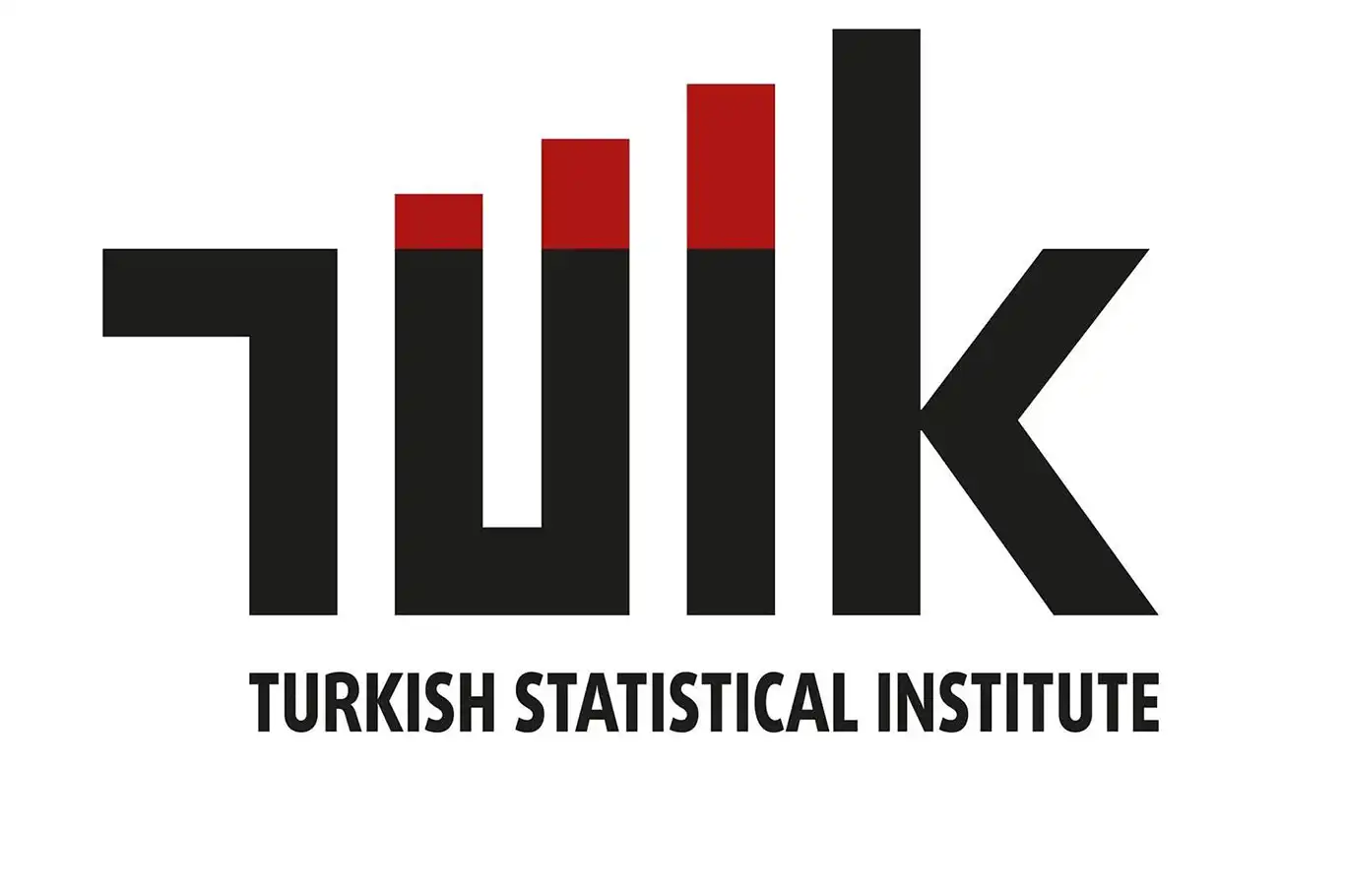Education participation rates in Türkiye: Recent trends and key findings


The Turkish Statistical Institute has released its latest report on education participation rates among adults in Türkiye, shedding light on trends and key insights.
According to the report, in 2016, 22.7% of individuals aged 18 and over in Turkey had participated in formal or non-formal education within the past 12 months. By 2022, this rate had seen a slight increase to 22.9%.
Age Group Analysis
The report reveals that the 18-24 age group had the highest participation rate at 51.7%, followed by the 25-34 age group at 33.2%. However, there was a gender disparity, with 25.5% of men participating in education compared to 20.3% of women.
Fields of Education
When it comes to non-formal education activities, services topped the list, accounting for 30.3% of participation. Health and welfare followed at 15.6%, with education at 10.1%. Agriculture, forestries, fisheries, and veterinary fields had the lowest participation rate at 1.4%.
Age and Fields of Education
The report found that services were the predominant field of education across various age groups, including 18-24, 25-34, 35-54, and 55-64. In contrast, the 65+ age group showed a preference for arts and humanities (28.9%) and health and welfare (28.6%).
Education Providers
Emloyers were the primary providers of non-formal education, responsible for 40.2% of education opportunities for individuals aged 18 and over. Non-formal education and training institutions followed at 29.6%, with formal education and training institutions at 13.7%. There were also gender-specific trends, with non-formal education and training institutions being the primary provider for women (35.7%) and employers for men (46.9%).
Age and Education Providers
When broken down by age groups, non-formal education and training institutions were the leading providers for the 18-24 (38.1%), 55-64 (38.1%), and 65+ (53.1%) age groups. However, employers took the lead in the 25-34 (42.6%) and 35-54 (44.5%) age groups.
Reasons for Participation
The most common reason cited for participating in non-formal education was to improve job performance, with 60.7% of respondents selecting this option. Other reasons included increasing knowledge/skills in an interesting subject (53.8%) and being obliged to participate (47.1%).
Informal Learning
Informal learning, characterized as self-directed and less structured learning outside of formal and non-formal education, was most prevalent among the 18-24 age group. In 2016, 40.5% of individuals in this age group participated in informal learning, a figure that increased to 47.2% in 2022.
These findings offer valuable insights into the evolving landscape of education participation in Turkey, with a particular emphasis on the role of age, gender, and fields of education. (ILKHA)
LEGAL WARNING: All rights of the published news, photos and videos are reserved by İlke Haber Ajansı Basın Yayın San. Trade A.Ş. Under no circumstances can all or part of the news, photos and videos be used without a written contract or subscription.
Türkiye’s flagship Data Analysis School, launched as part of the country’s broader digital transformation strategy, has earned international recognition after achieving unprecedented levels of engagement and participation.
The Palestinian Ministry of Education and Higher Education has announced that the number of students martyred by Israeli occupation forces in Gaza and the West Bank since the beginning of the aggression on October 7, 2023, has risen to a staggering 20,058, marking one of the darkest chapters in the history of Palestinian education.
A new summer school has been launched by the Hope Caravan Foundation in Van, eastern Türkiye, offering children a blend of Islamic education and recreational activities during the holiday period.
The Nangarhar Department of Labor and Social Affairs, in collaboration with the international NGO ACTED, has successfully rescued 450 children from the streets of Jalalabad, enrolling them in formal education.